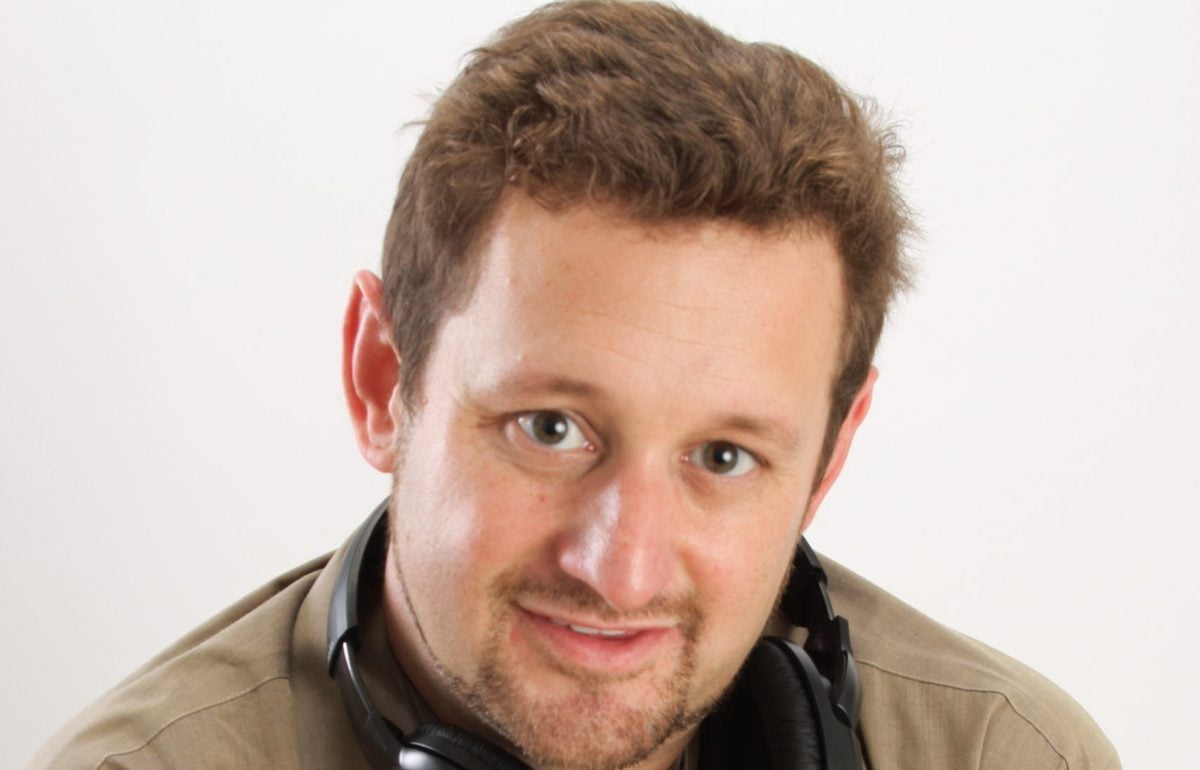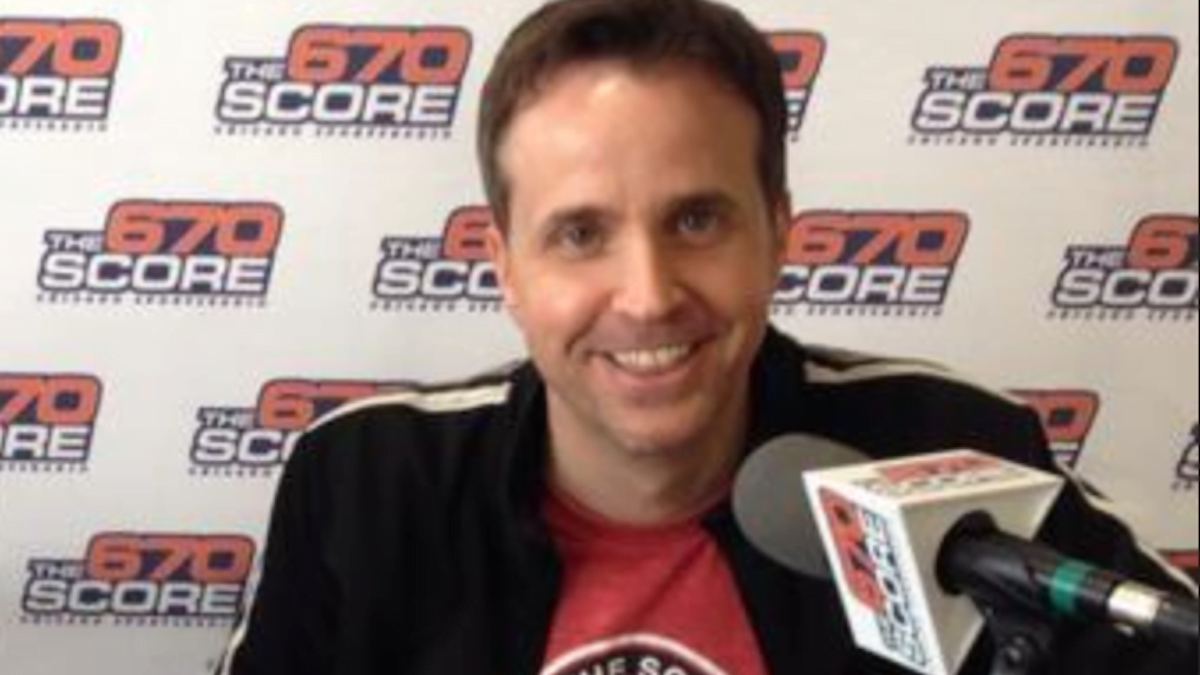The race is on across all of the media towards paid streaming services. Whether it’s Peacock (NBC) or FOX Nation, and everything in between, all news networks are moving towards a world of creating unique and exclusive content on their streaming services to try and get customers at as rapid a pace as possible.
This is happening, in large part, as a result of cord-cutting. People aren’t mindlessly spending money on cable packages anymore because they’ve realized they’re watching a fraction of what they’re paying for. Plus, they’re coming to the conclusion that they’d rather cut their cable price and invest in subscriptions like Netflix, Hulu, YouTubeTV, and others.
To stay ahead of the curve, TV networks are trying to drive subscribers to their digital platforms (likely at a big upfront loss), understanding the fragmentation of media is only continuing, and relying on the old-school model of cable packages is a losing proposition over the long term.
So while understanding that’s the play for TV, I would ask radio what it is doing to combat the evolution of media?
In fact, why isn’t radio, at the national and local level, doing its best to create its exclusive, paid streaming services? Especially given the strength of some of its brands, the potential is enormous.
Sure, there are national and local examples of podcast networks being built out by radio groups to create new revenue streams via the traditional advertising model. This is a smart step to take, and having the power and still, massive reach of radio to cross-promote the podcasts makes complete sense.
However, even that isn’t happening with the frequency it should be happening.
And what about thinking even bigger?
I know radio has stood on its branding of being “free” for decades. And yes, the fact it is “free” allows it to reach more people than any other traditional media platform.
But what about thinking bigger? And thinking “paid”? Why can’t and why shouldn’t radio truly invest in the kind of programming that you’re seeing on the TV news side of our business?
One could argue that this is more imperative for TV, as the cable bundle was always a crucial part of revenues, and those are at risk in the future. OK, well, radio, and all traditional media in general, has the same problem in that revenue streams are harder to maintain as advertisers continue to have more options in a digital world. It’s supply and demand.
So while radio isn’t necessarily needing to replace a revenue stream like TV, there’s never harm in adding a new one.
Here’s the problem, though: to do it right, it would take serious investment, time, and attention.
Do you think the industry is interested in that at this point in time? I don’t.
That’s certainly their prerogative. But it’s a missed opportunity. We have more than enough evidence that people are willing to pay for quality content, whether it’s written, audio, or visual.
In fact, consumers are getting more programmed to have to pay for content they really like and want.
So for radio to take a back seat at this moment is a mistake. Whether it’s exclusive, subscriber-based, long-form audio content, or even building out digital TV content that is unique to a market or is national in nature, there is demand for the content.
But who has the audacity to take the first step?
Pete Mundo is a weekly columnist for Barrett Media, and the morning show host and program director for KCMO in Kansas City. Previously, he was a fill-in host nationally on FOX News Radio and CBS Sports Radio, while anchoring for WFAN, WCBS News Radio 880, and Bloomberg Radio. Pete was also the sports and news director for Omni Media Group at K-1O1/Z-92 in Woodward, Oklahoma. He’s also the owner of the Big 12-focused digital media outlet Heartland College Sports. To interact, find him on Twitter @PeteMundo.








